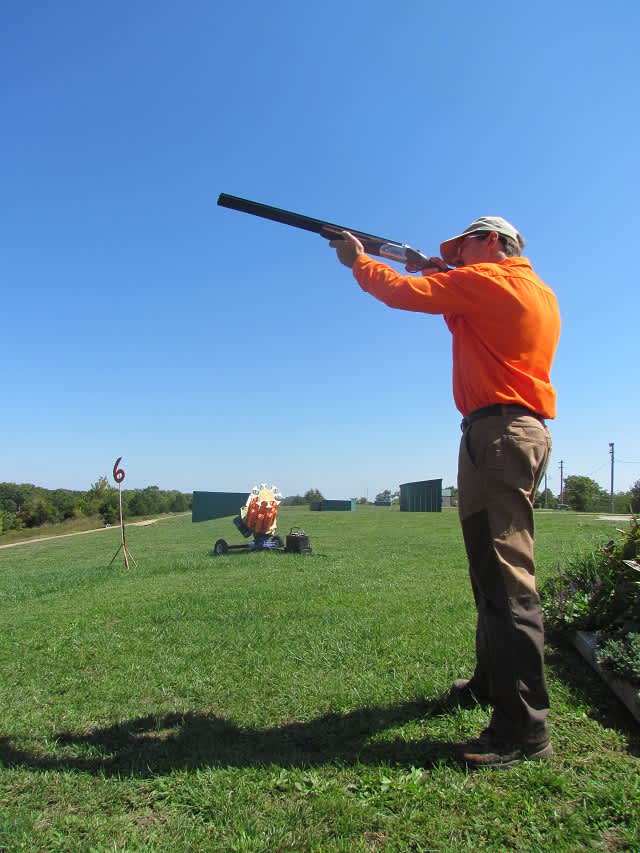Eliminate First Hunt Jitters in a Few Simple Steps
Andy and Tami McDaniels 10.25.12

You’ve heard the guys and gals at the office talking about their hunts for years, but you were never part of the club–until now. Finally, you got the courage to ask or were invited to go on your first hunt. Now what?
For many, learning to hunt, unlike learning to ride a bicycle or swim, is not a natural rite of passage. Many among us make it to adulthood without ever having been on a hunt. As you can imagine, learning how to swim or ride a bike anytime after puberty could be a bit nerve-racking–even a little embarrassing. If you are an adult about to experience your first hunt, it is completely understandable to have the jitters. Before venturing afield, calm your nerves and give your confidence a boost by following a few simple steps.
First, find a hunter education course near you. Hunter education is a course designed to teach students about hunter responsibility, firearms safety, wildlife identification, wildlife conservation, survival, archery, and muzzleloading. There is no specific age requirement to enroll in hunter education. The U.S. Fish and Wildlife Service provides a directory of state, territorial, and tribal fish and wildlife offices. Check with your local office for a listing of scheduled courses in your area.
The next step is to properly gear-up for the hunt. Choosing the right firearm and clothing is vital to the overall success of the hunt. You will need a suitable weapon for the species being hunted and the weapon will need to fit you properly. Determine the game species to be hunted and then match the species to the caliber or gauge. Once the correct type of gun has been determined, make sure it is not too long or too heavy. At a minimal cost, a gunsmith can cut the stock to make the gun fit the shooter.
Next, select clothing that is comfortable and adequate to the weather and terrain. For example, well-fitting hiking boots worn with thick socks will keep feet warm and prevent blisters. Layering clothing will ensure comfort at all temperatures. In addition, during certain seasons, like deer season, hunters are required to wear orange. Check with your local wildlife office for further information about proper clothing.
After a suitable firearm has been chosen, find a shooting range in your area. Start your search at wheretoshoot.org , a state-by-state shooting range directory. Watching selected videos will provide you with the information and instruction you need about shooting. At the gun range, you will be able to put into action the techniques demonstrated on the videos. Going on your first hunt without having practiced shooting is setting the stage for failure. Do not skip this step.
Once you have completed a hunter education course, selected the proper gun and clothing, and practiced shooting, you can climb into your first blind with confidence. Rather than having a hunt that ends with you going home with sore feet and hurt pride, you have paved the way for the first of many successful hunting adventures.

